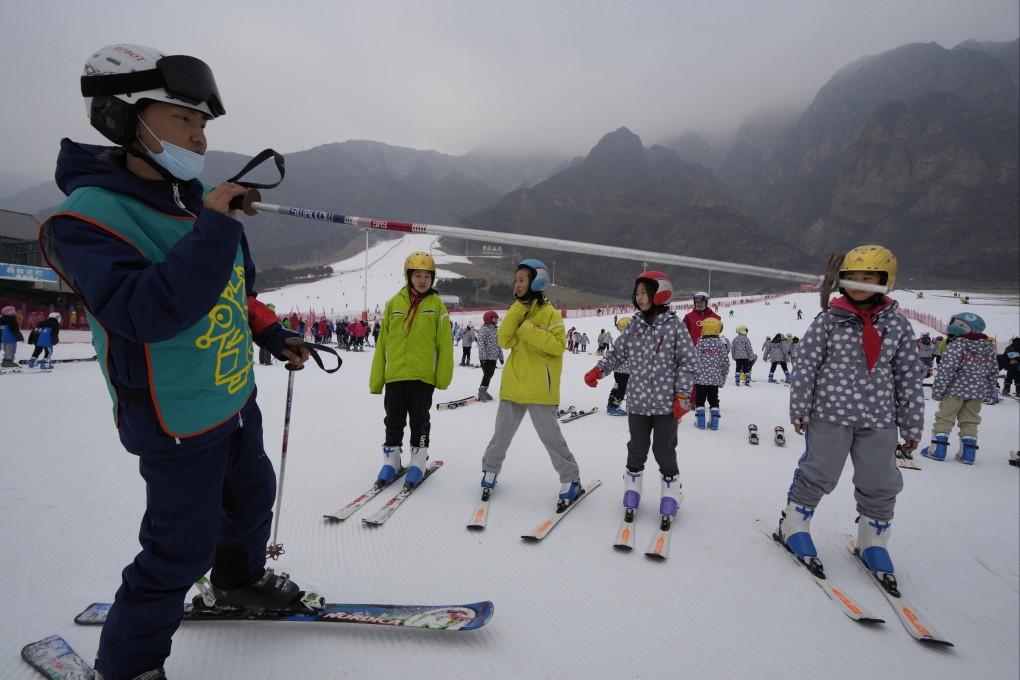Will China’s Beijing Winter Olympics spur a snow sports boom in the world’s No 2 economy?
- China has tried to boost its snow sport economy since winning the bid for the Beijing Winter Olympics, throwing huge sums at related infrastructure
- Snow sports tourists are expected to reach 300.5 million in 2021-22, with ice-snow tourism revenue forecast to hit 323 billion yuan (US$50.7 billion)

Two years into the coronavirus pandemic and with the Beijing Winter Olympics just around the corner, Nartay Li has seen more visitors flocking to the General Mountain ski resort in northwest China than ever before.
Before the global pandemic, the Alps and Japanese ski resorts were favourite destinations for middle-class Chinese skiers, but border restrictions have forced them to turn to domestic ski fields.
“It has led to not only a very high number of visitors to domestic resorts, but also a growing percentage of senior skiers,” said Li, who works as a facility keeper at the ski resort in the city of Altay.
“In the past two years, I’ve seen more and more skilled skiers to the resort, and their equipment has grown far more professional and expensive than what we offer.”
Even the most basic of skis can cost 10,000 yuan (US$1,570), he added.